Interco Leads Responsible Recycling R2v3 Standard
What is the Standard?
The R2v3 Standard is incredibly important. Interco became only the second electronics refurbishing and recycling company in the world to achieve the coveted Responsible Recycling R2v3 Standard Certification. It is managed by Sustainable Electronics Recycling International (SERI). It is important to note that the R2v3 Standard offers general principles and practices for IT equipment disposal vendors. According to SERI, by 2015 approximately 600 facilities throughout 21 countries worldwide achieved the R2v3 Standard. Interco was the second in the world!
Each year, Interco continues to comply with the regulations in this standard. Although it is very expensive, time intensive, and invasive upon proprietary information Interco makes the effort. Many other recyclers and recycling companies alike are curious as to how Interco can afford to continue to maintain the R2v3 Standard Certification. Perhaps the most compelling reason is that the R2v3 Standard is valuable to the Interco company, customers, and suppliers. It is also very important to the environment and the health and safety of its inhabitants.
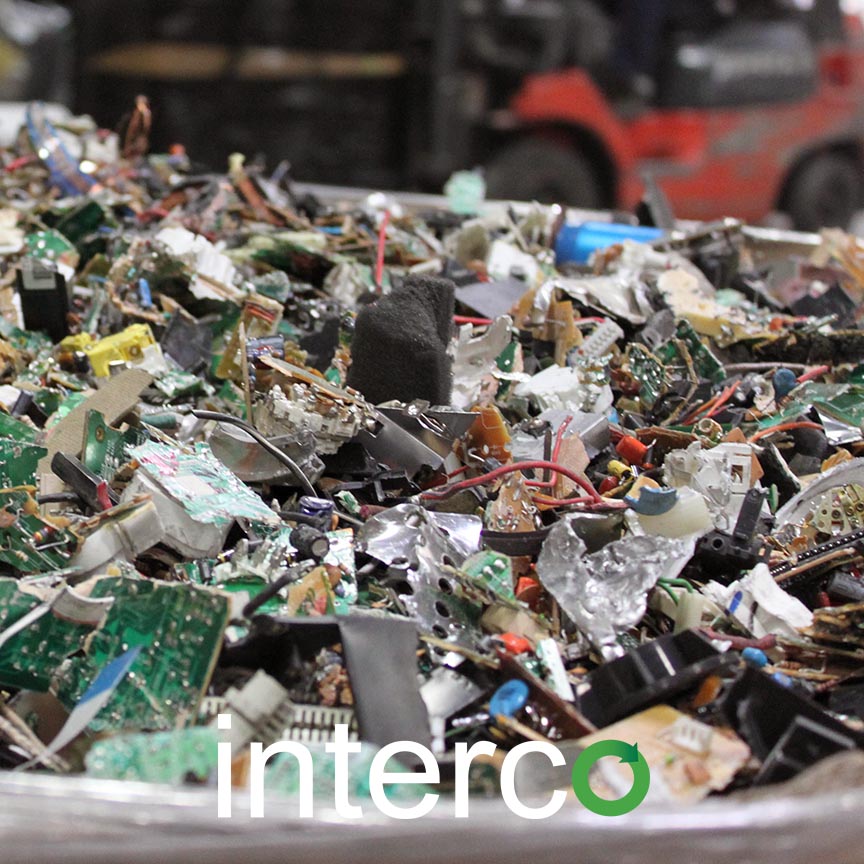
Some History Behind the R2v3 Standard
The R2v3 Standard Certification was developed by industry leaders in the public, private, and nonprofit sectors. These professionals saw the need for accountability when handling these potentially hazardous items. Subsequently, they created the R2v3 Standard. While the R2v3 Standard first implemented as a standard in 2008, the current version is from a revision that was released in 2013. This version underwent 15 months of review from the Technical Advisory Committee. As a result, the technical Advisory Committee applied the changes in 2013. Any recycler that held the R2:2008 certification was forced to conform to the new R2v3 Standard or forfeit their certification.
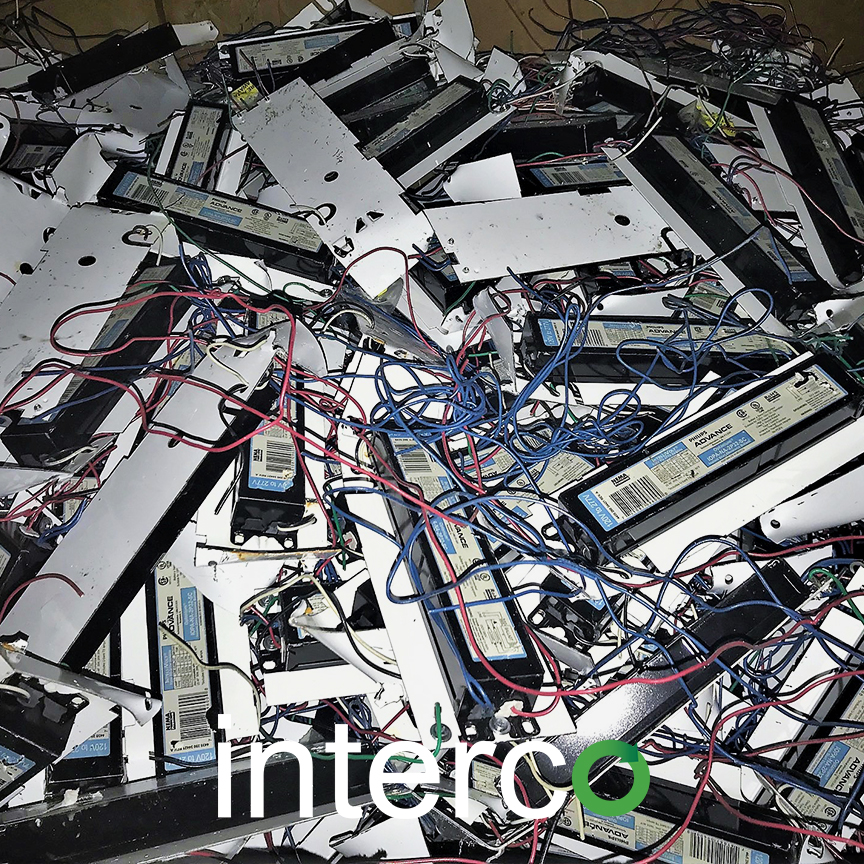
Furthermore, the R2v3 Standard focuses on the supply-chain management of materials that pose the most threat to health and the environment. The list includes:
- PCBs (contained in light ballasts)
- Material containing mercury
- CRTs and CRT glass (contained in monitors and televisions)
- Batteries (from alkaline to lead-acid)
- Circuit boards
- Circuit board containing material.
A recycler that holds this certification must follow any focus material that they hold in their possession to its final disposition where the material will be reused to form new product, absolving our landfills of these harmful materials.
The R2v3 Standard Certification is Not to be Taken Lightly
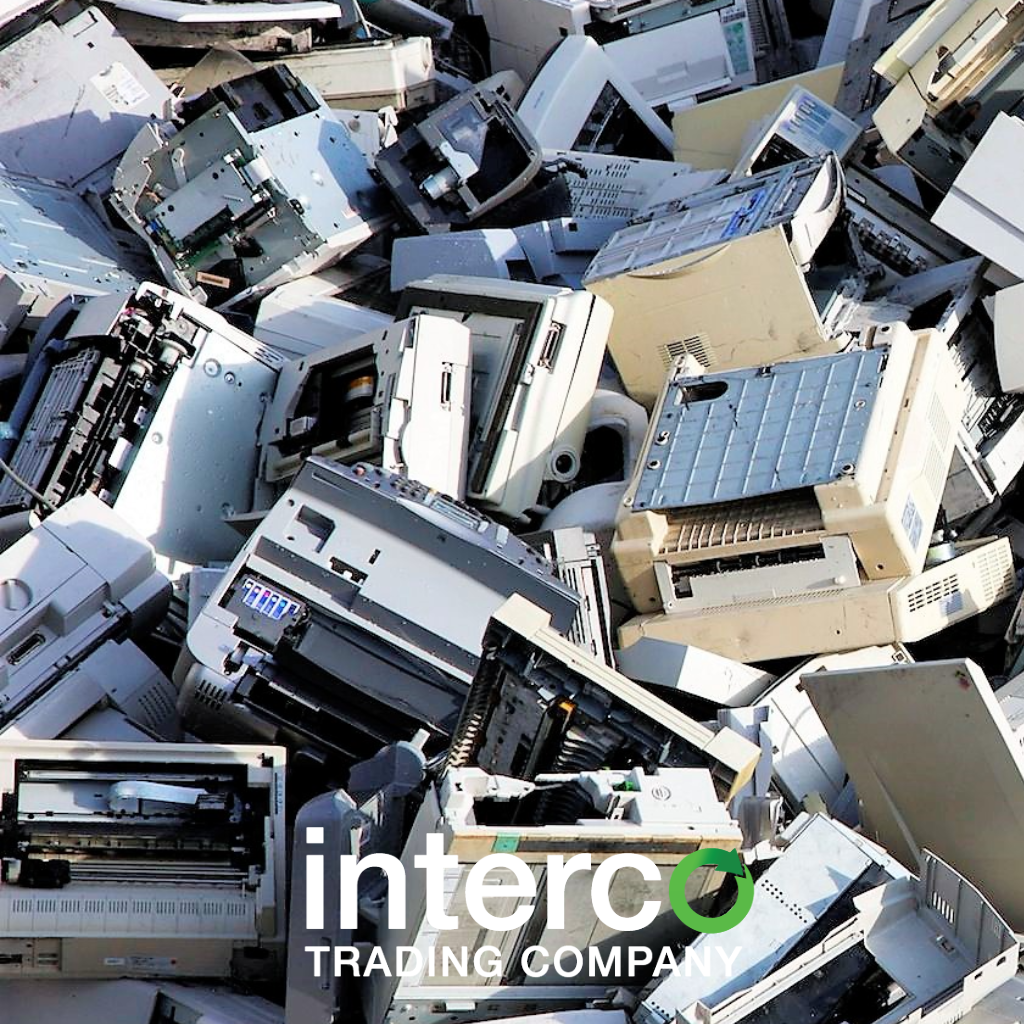
Most of all, to become certified to the R2v3 Standard, there are a number of stringent compliance details to which a company must adhere. First, an R2v3 Standard certified recycler must maintain and enforce an Environmental, Health, and Safety Management System that monitors its practices within the company, and to their downstream consumers. This system implements requirements for the health and safety of workers, the environment, and anyone or anything that may come in contact with the potentially hazardous materials.
One of the many requirements that is extremely valuable within the Environmental, Health, and Safety Management System is training for the employees. When an educated employee is handling these potentially hazardous materials, there is much less risk of improper exposure of these materials, not only for the individual handling, but also for anyone who may come into contact with the material.
In addition, the recycler must have a hierarchy for their equipment disposal. Almost all include: Reuse, Materials Recovery, and finally Energy Recovery or Land Disposal. This requirement signifies that a recycler must attempt to recycle the material by first attempting to reuse/repair it. Consequently, if materials are irreparable, recyclers must use proper material recovery techniques to recreate the material into something reusable. Finally, if there are no other options, the recycler is allowed to use the material for energy recovery (typically via burning) or to dispose in a landfill. Although the standard states land disposal as a last resort, it is still frowned upon by certification bodies.
Focus Materials and the Legal Compliance
As a result, an R2v3 Standard Certified recycler must comply with all legal requirements. Including all import, export, and any other state and/or federal regulations regarding the handling, transportation, and disposal of any of the focus materials.
R2v3 Standard Focus Materials:
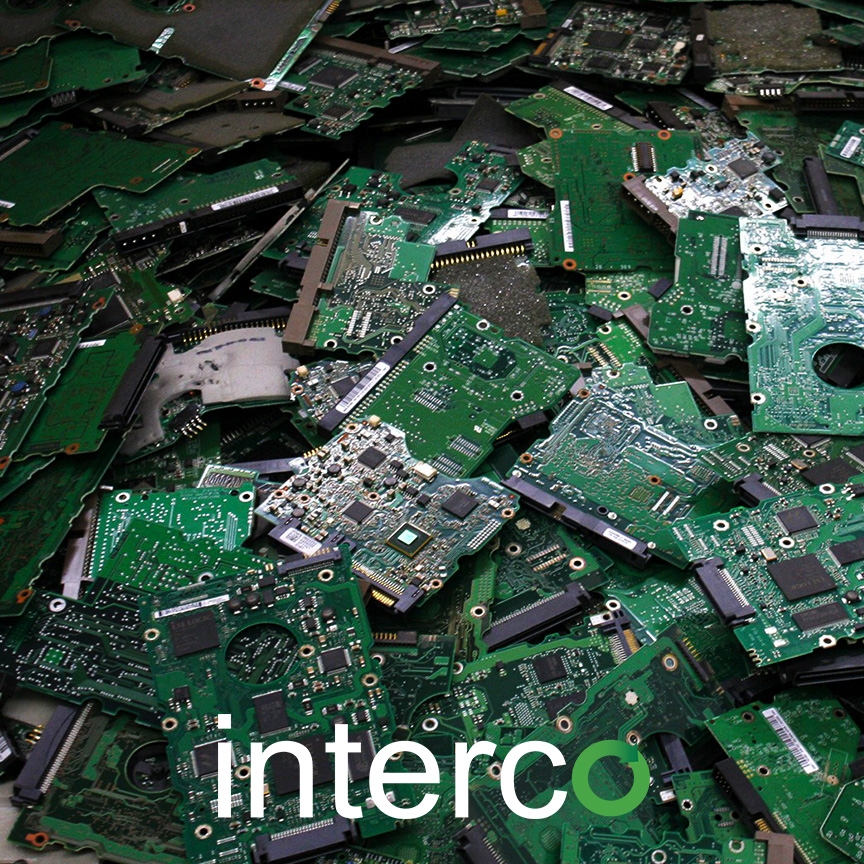
- PCBS
- Mercury Containing Material
- CRTs and CRT Glass
- Batteries
- Circuit Boards and Circuit Board Containing Material
The list of Focus Materials is an important piece of the R2v3 Standard. Consequently, companies must dispose of materials properly. As corporations export more and more materials, the proper disposal becomes even more grave. Generally speaking, nobody wants to absorb the liability or take responsibility for the contamination of the environment home or abroad. The potential long-term legacy health and safety liability attributed to negligence is far too great. Maintaining the highest standards of care with the proper documentation and processes.
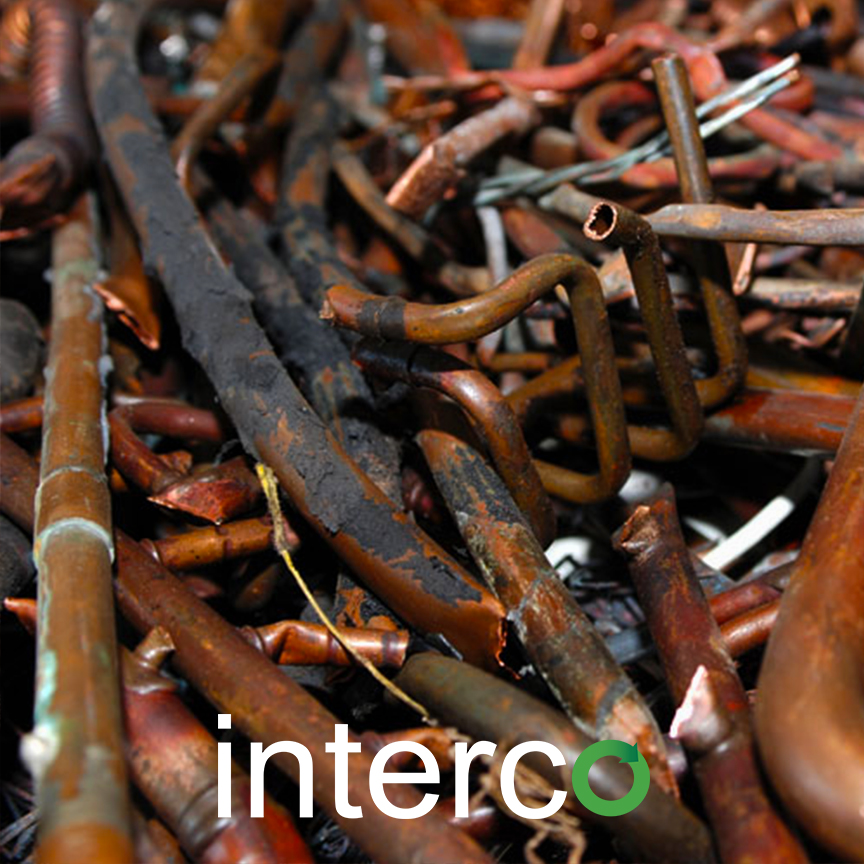
Another important piece of the certification process is the management of focus materials. This includes supply chain management from the acquisition of the materials to the recycler to the movement of the materials to their final disposition. For example, if Company A purchases circuits boards and then sells them to Company B, Company A must audit Company B to make sure that B is properly handling the material. If Company B sells to Company C, Company A must know the practices that Company C enlists, as well.
In short, the R2v3 Standard forces a company to follow their electronic material to an end-consumer. Companies must track how the downstream companies use materials to create new products. If an R2v3 certified recycler cannot prove that they manage their materials to the end-consumer, they are non-compliant. Their non-compliance will likely lead to them losing their certification.
Know Where the Material Goes

The R2v3 Standard also imposes the tracking of all material. An R2v3 Standard Certified recycler must hold copies of all of their contracts, bills of lading, or other documentation. They must save everything that shows the flow of material from their facility. R2v3 Standard companies must hold these records for at least 3 years. They must follow the movement of focus materials that enter or exit their facilities.
In addition, an important implementations under the R2v3 Standard include proper storage of materials and data destruction. Most noteworthy is that data destruction must be up to the NIST guideline 800-88. Others include security measures, which may vary from recycler to recycler. Insurance, closure plans, and financial responsibility are others.
Companies, government agencies, schools, and any other organization with electronic equipment for recycling should look for the highest paying recycler. More importantly, they should look for a recycler who will responsibly handle their material. Recyclers must properly handle the material so the downstream companies do not have to worry. Some blame Organizations for the actions of their buyer who improperly acted. Accordingly, if they illegally deposit e-scrap in to a landfill and contaminate the environment, the penalties could be significant. By choosing an R2v3 Standard Certified recycler, you are choosing a company that will adhere to responsible recycling practices.
How to Properly Choose an R2v3 Standard Certified Electronics Recycler
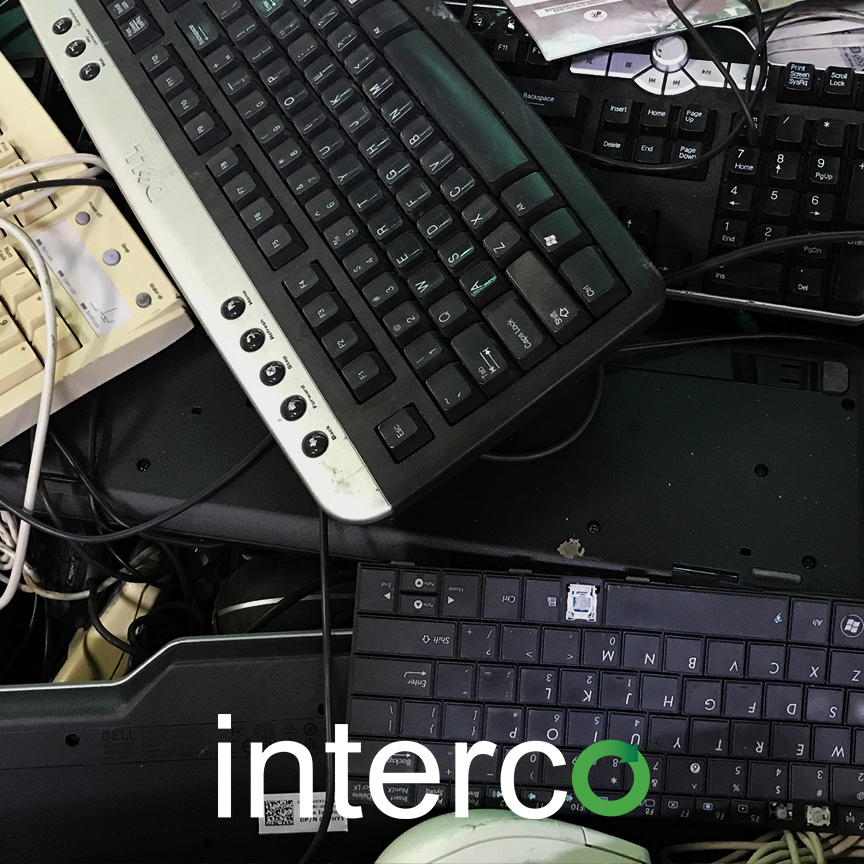
Therefore, it is important to choose an electronics recycler and recycling company. Many companies place this important burden on many individuals within companies that have no recycling background. It is imperative that companies take this responsibility seriously. Electronic material contains many elements that are harmful to both people and the environment. When companies improperly deposit materials and expose them to the environment in a landfill, bad things happen. Oftentimes, they seep into the ground contaminating the water, soil, and other natural resources. Fortunately, the R2v3 Standard Certification standard holds recyclers like Interco accountable for the proper management of electronic equipment.